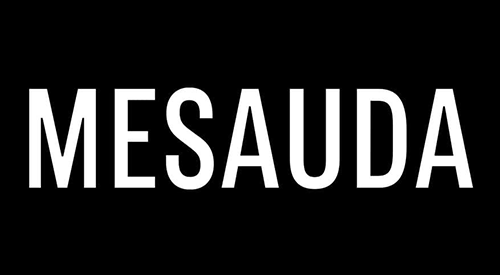The Best Supplements for Kids: Are They Safe and Necessary?
Children grow quickly, and their bodies rely on a steady supply of nutrients to keep up. Most of these come from a balanced diet, but picky eating, limited sun exposure, or certain health conditions can leave gaps. That's when parents start asking: Do supplements really help, and which supplements for kids are safe? This guide covers when to use kids' supplements, the nutrients that matter most, and safe options for children of all ages.
When To Consider Supplements for Toddlers
Toddlers often refuse new foods. Many kids get enough nutrients from a varied diet, but doctors commonly recommend toddler vitamins or vitamin D drops if a child is breastfed or gets little sun. The American Academy of Pediatrics advises 400 IU of vitamin D daily for infants and recommends vitamin D for older children when low intake.
If a pediatrician finds low iron, they may prescribe an iron supplement. Do not give adult doses or use a product without clear age guidance. Offer drops or chewables made for the child's age.
Key Nutrients for School-Age Kids
School-age children need consistent energy and strong bones to support their growth and daily activities. Key nutrients at this stage include vitamin D, iron, and calcium, which play an important role in growth, focus, and immune function. According to the CDC, many families turn to multivitamin-mineral products for children, with vitamin D often taken on its own across different age groups.
A kid's multivitamin can help when a child has a limited diet. Choose a product that lists each nutrient and the amount. Avoid formulas that use vague “proprietary blends.”
Supporting Growth and Development in Kids
As children move through their early school years, their bodies and brains grow at a steady pace. Nutrients like calcium and vitamin D are essential to strengthen bones, while iron supports healthy blood and energy levels. Omega-3 fatty acids also play a role in brain development and learning.
Balanced vitamins for kids can help fill small dietary gaps, especially for picky eaters or children with limited food variety. Always check the label for age-specific dosing and avoid giving adult products.
What To Look For When Choosing The Best Product
Pick a supplement with these features:
- Age-appropriate dose on the label.
- Full ingredient list with amounts.
- No mega doses of one vitamin.
- No excess sugar or unnecessary additives.
- Clear dosing tool (dropper, chewable, or tablet size).
Most multivitamin and mineral supplements are safe when they match the recommended daily amounts for children. The main concern is quality. Some products add too much of one vitamin, while others don't list exact amounts. To stay safe, pick supplements with clear labels, age-appropriate doses, and, if possible, third-party testing that confirms what's on the label is actually inside the product.
Common Supplements Parents Ask About
Vitamin D: Often needed for infants who breastfeed and for children with low dietary intake.
Iron: Prescribed when tests show low iron or anemia.
Omega-3s: These may help children who eat little fish; discuss the dose with a doctor.
Probiotics: Can help some digestive issues, but pick strains backed by evidence.
Practical Use and Safety Tips
- Talk to your pediatrician before starting any product. Many doctors do not recommend a daily multivitamin for every child. Tests and diet review can show real needs.
- Follow the exact dose on the label or the pediatrician's instructions.
- Store supplements out of reach. An overdose can be serious.
- Keep the supplement in its original package for dosing info and warnings.
- Avoid giving multiple products that add up to high doses of the same nutrient.
Final Thoughts
Supplements are most useful when a child has a real nutrient gap. In many cases, a balanced diet is enough to meet daily needs. For infants, doctors often recommend vitamin D as a safe way to support growth. For older children, supplements can help fill gaps caused by picky eating or specific health conditions. Always talk to a pediatrician before starting any supplement to make sure it's safe and necessary.
Nice One makes it easy to get the best vitamins for kids of all ages. You'll find a wide selection of child-friendly formats, clear product descriptions, and staff who can point you to age-appropriate options. We list doses and age ranges and prioritize brands with transparent lab testing.
Remember to always involve a healthcare provider when you consider supplements. A doctor can run simple tests and recommend the right dose and product for your child's needs.
Frequently Asked Questions (FAQs)
1- Are supplements safe for kids?
Many supplements are safe when you use the right dose and product for a child's age. Talk with a pediatrician first.
2- Do kids need a multivitamin?
Not always. Many children get enough nutrients from a varied diet. A kid's multivitamin can help if a child has persistent gaps or a restricted diet.
3- What should I look for in the best vitamins for kids?
Look for clear dose info, age range, and a full ingredient list. Avoid products with mega doses or vague blends.
4- How do I pick the best multivitamin for kids?
Choose a product that fits the child's age and fills real diet gaps. Check for third-party testing and talk to a doctor.
5- When should I start toddler vitamins?
Start only if a pediatrician recommends them or if tests show a deficiency. For vitamin D, many guidelines support a daily supplement for breastfed infants.
)
)
)
)






)






)
)
)
)






)
)